Years of rice and salt: My opinion with spoilers
1. Title and structure
► Publication year: 2002
► Genre: Alternate history, Uchronia.
► Themes: Religion, Black Death, Islam, Buddhism, Reincarnation, War, History, Theology.
► Pages: 763
9. Conclusion
► Genre: Alternate history, Uchronia.
► Themes: Religion, Black Death, Islam, Buddhism, Reincarnation, War, History, Theology.
► Pages: 763
This is my third book by Kim Stanley Robinson. Also, this is my first time reading him in English. Unlike the other two books I read, this one is not a sci-fi book. Also, this is the longest book I've read this year and the longest book I've read by this author. I confess that it was hard for me to finish it.
2. Title and structure
★★★★✩
Title
★★★★★
I love the title. It refers to the years in adulthood that are characterized as the chores of raising a family in the middle of routine, monotonous, and repetitive days. In one part, I understood these years as the years before widowhood.
Great title. And it delivers within the book! The phrase "years of rice and salt" can also be a reference to the fact that rice and salt were the two most critical staples of life in Asia at the time.
Apparently, the title is also a reference to a Chinese proverb that says, "I have eaten more salt than you have eaten rice." This proverb is often used to express the idea that someone has experienced a lot of hardship or misfortune. In the novel, the characters live long and complex lives in general, so the reference makes sense.
Structure
★★★★✩
The structure of the book is not something to highlight in the book. Some readers say the 10 chapters are more like 10 books of different lengths. In this wiki, you can understand a bit better how the book is put together. In short, the structure is very functional, and that's it.
The structure has very long passages that don't give you some pauses to stop reading. And this is something that may happen in all of KSR's books.
3. Themes
★★★★✩
3.1. World-building
★★★★✩
This book is a vast project. KSR displayed an enormous, careful, and thoughtful effort to create a world that made sense and was coherent, cohesive, and plausible. Every aspect, even the myriad of boring ones, that the author included in the book, was believable. Details from religion, anthropology, geography, economy, politics, sociology, and more, were incredible and seemed accurate. I'm no expert in religion, for example, so I can't judge this aspect properly, but I had a strong impression that the book was rooted in reality thanks to the supernatural ability of the author to investigate and describe so many aspects accurately at the same time.
The amount of hours behind the creation of this book must have been astonishing and turning all that information into a book is definitely no child's play. As with his acclaimed Mars Trilogy, this book seems like a real depiction. It seemed like he somehow visited an alternate reality and described what he saw. This is one of his greatest strengths as an author and he's undoubtedly a very dedicated and diligent writer.
The world-building is quite an accomplishment, but somehow, for me, for some parts, it wasn't that entertaining, emotive, lively, or attractive. I did get excited reading about this alternate world without Europeans, but my interest was not constant. If came and went.
4. Style
★★✩✩✩
After reading 3 books by KSR, I must admit I don't like his style. It simply doesn't connect with me, it doesn't engage me. But, at the same time, I must admit I think he's improved. He writes better characters now and certainly, his ideas are thought-provoking, but his style is not attention-grabbing for me. His style is plain, heavily verbose, and descriptive. And somewhat inconsistent: In the very first chapters, the narrator was telling the reader directly at the end of the chapter, but this doesn't happen later in the book.
His style is dense, philosophical, and heavy. You need to be a patient reader to enjoy his works. Big chunks about religion, and geography, for example, didn't catch my attention and it was challenging to get through those long passages. His style is not that emotional, it's not spectacular, appealing, or attractive. And I need some of that for a book that long.
4.1. Dialogues
★★★✩✩
The dialogues are not something that I could praise in Robinson's writing. Dialogues are one of the hardest things to do well in writing and I don't expect a sci-fi writer to be exceedingly good at this. In this regard, it seemed people talked very similarly. But, this didn't happen all the time for me while reading. Sometimes, I felt the characters were really different in the way they talked, this was evident, especially in the first part of the book.
4.2. Technique
★★★✩✩
Kim is not that good with ornamented, metaphoric descriptions of things, landscapes, and the like, but he tried this time and I was pleased with the results. I really think his technique keeps improving with every new book he writes. I think he does a great job here. I do believe that the book is well written.
Although he's a very good narrator, he uses many pages unnecessarily, the plot stagnates several times, and it loses its pace with useless, trivial interactions or endless considerations about philosophy or religion. Somehow, KSR uses their characters to write philosophical essays within his books and that is something I don't appreciate or enjoy.
4.3. Pace
★★✩✩✩
The book doesn't have a good pace overall and it doesn't keep you reading. With some exceptions that, sadly, are just a few. For dozens of pages, the flow of the reading feels heavy, hard. Sometimes, nothing happens in 20 pages and some other times, a lot happens in just a couple of them.
I think suspense and a fast pace are not something the author is interested in. For me, it's impossible to read this big fat novel at a vertiginous pace. In general, is really hard to engage with the pace of the novels by this author.
5. Characters
★★★✩✩
The characters were mostly OK. KSR's characters are just mediums to convey a message or idea in the author's mind. They just fulfill their role as tools for the plot.
Highlights
Reincarnation and the bardo. This was one of the best aspects of the books for me. It was a great tool to advance the story, as well as the idea of keeping the initials of the names of the people who reincarnated. I wanted to read more about the bardo, but the author didn't put much attention to this. He was too busy with topics such as Islam and geographical details.
Also, I was fascinated by the idea that with every reincarnation, I wouldn't know what type of character I was going to find: a ruler, a scientist, a soldier, an animal? This was really gratifying.
Also, the idea of the Jati was spectacular for me. A group of souls that reincarnate together, that meet each other again and again in different circumstances was a great idea. I was deeply fascinated by it and it added a different flavor to the stories.
Names: Remembering names is sometimes a daunting task in long books. To keep track of who was who in a past life, all reincarnations of a character always keep the same first letter in their names and I thought this was really useful. In the beginning, they kept a similar personality and I thought this was awesome, but later I didn't recognize any pattern in their personalities, except for the general purpose within the story:
K: Revolutionary. Their purpose is to challenge the status quo.
I: A thinker, a student, a scientist, a rationalist.
B: A believer. The opposite of K. They balanced each other and frequently cooperated.
S: Ruler. Corrupt.
P: A wanderer
Z: A warrior
Women. They are central characters at some points in the book, but somehow they end up being relegated to a secondary or smaller role by male characters.
Japanese ronin Busho, also known as Fromwest. His story is exciting and has a great background and an appealing arc.
The bad and the ugly
The scientists and thinkers. Humdrum. Boring. Dull. Simple. Uninteresting. Just tools to talk about religion and science. The Alchemist was fascinating, though.
The connection of the reader with the characters. Sometimes I kinda connected with some characters but not enough to care deeply about them. I wish I could have connected with one of the souls reincarnating over and over, maybe a "K"; but sadly, KSR didn't work much on that and used the bardo and the reincarnation theme merely as a tool, and not part of the main story.
In the end, there were so many characters, it was hard to remember and connect all the Ks and Is and Bs together, for example. It was also hard to remember them because all characters ended up talking and thinking very similarly. It was hard to put a distinct personality to some characters by just focusing on their dialogues.
6. Depthness and relevance
★★★✩✩
There are so many things the author could have mentioned, but he didn't because the book would have been endless. The book reaches the depthness it needs.
There are good references to science and history. The topics covered in this book are relevant on various levels, from philosophy to religion, from politics to the military, and from LGBTQ+ and gender equality topics to war.
7. Plot
★✩✩✩✩
The plot is so massive that you would need to treat each chapter as a book to judge if it's good and attractive. But, in general, I didn't enjoy the plot that much because there was too much discussion and not so much action.
The best of the plot
Some ideas were intriguing, such as those related to the Inkas and the discovery of the new world. I really enjoyed those chapters.
The story with the tiger. I remember I felt really pleased while reading about the relationship between a tiger and a human (a man named Bistami).
8. Ending
★★★✩✩
The ending was not important to me because I could guess from the very beginning that this book was going to have a very open ending. Having said this, the ending was not emotional or provided me with some kind of closure. After more than 700 pages, I kinda expected a better closure, especially something related to the bardo.
★★★★✩
Very decent book, worth reading if you like to be intellectually stimulated. Longer than necessary, way too long. Maybe 300 or 400 pages longer than necessary. Could do better with character arcs -especially scientists and thinkers- and dialogues.
Sometimes, this book was a 10/10 for me, and sometimes, it was a 5/10. So, my feelings were not always positive or constant towards what I was reading. Some parts are really awesome and enthralling, and some others are dry and tedious. Some stories were too short, others too long. So, inconsistency was all over the book and I couldn't develop a proper reading pace.
Recommended to:
A very specialized, attentive-to-detail, sophisticated readership. who like to invest a lot of time in just one book.
People who are up for an intellectual challenge.
Readers who have experience with historical fiction and enjoy the genre.
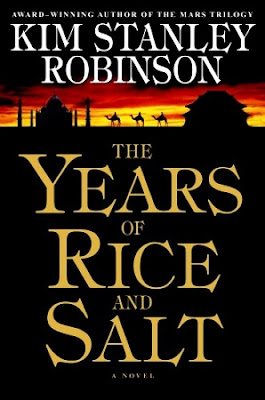
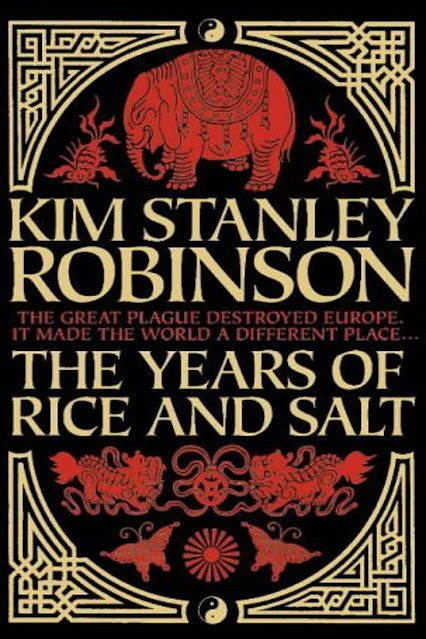
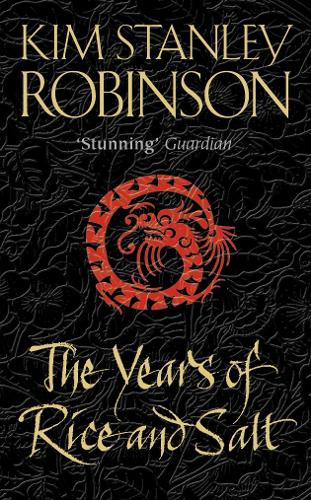













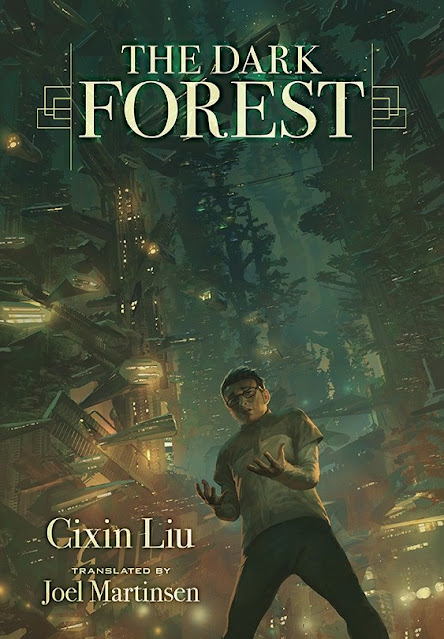
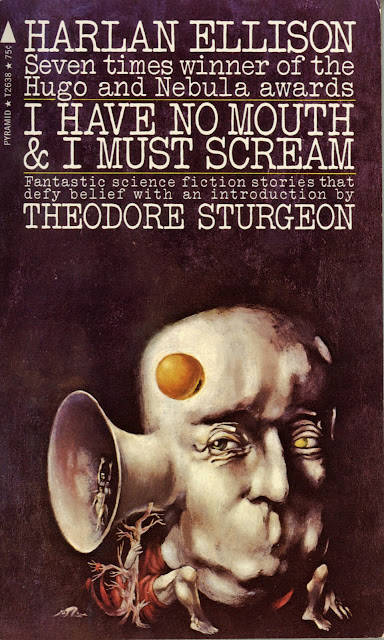
Comments
Post a Comment